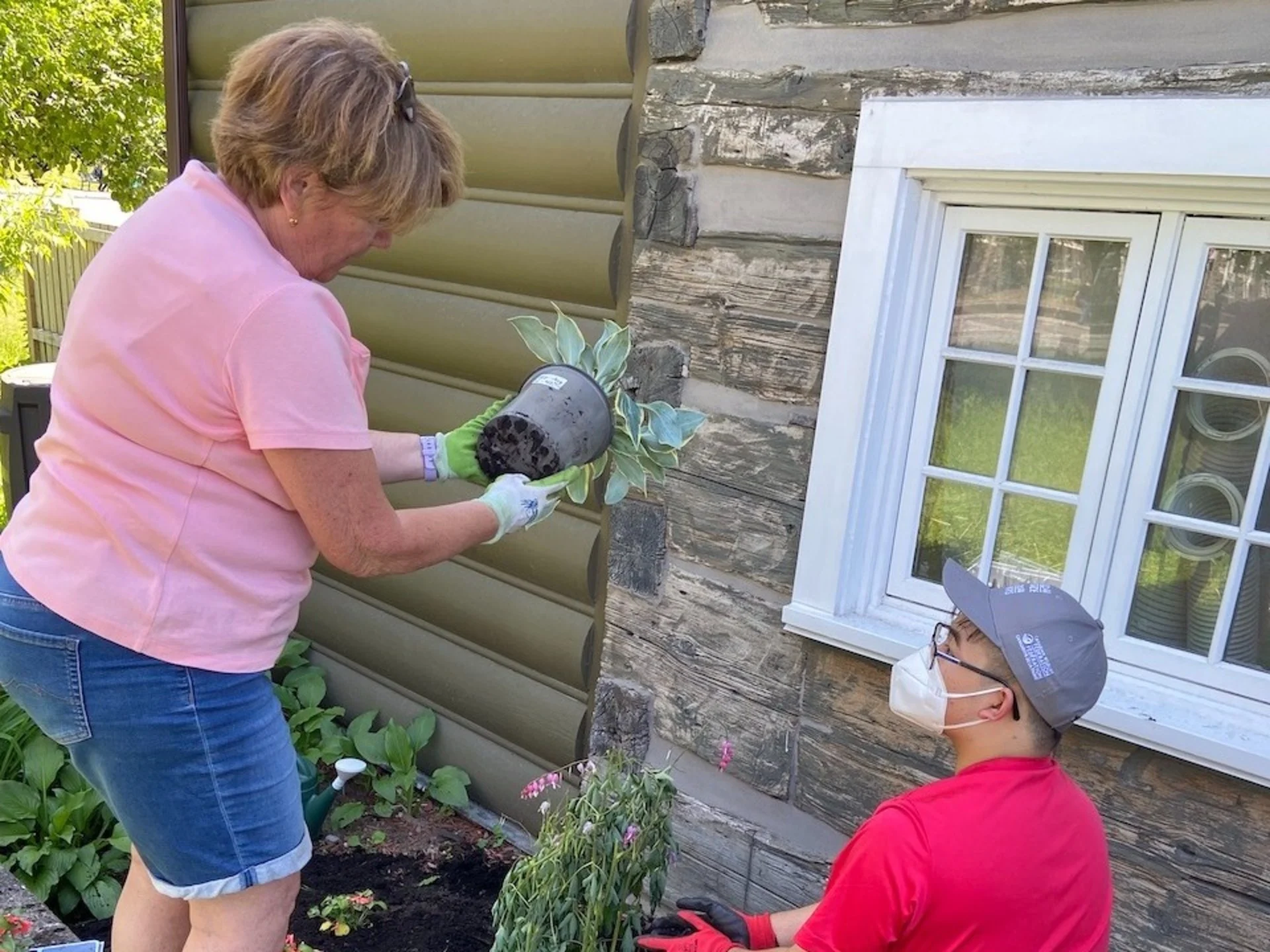
Gardening can be daunting for people with dementia, but also helpful
Gardening can assist in providing health benefits such as vitamin D, from exposure to the sun, which aids in reducing agitation, anxiety and stress -- helpful for people with dementia, according to the Canadian Wildlife Generation (CWF)
Any task can be an ordeal for people with dementia, but gardening doesn't have to be with help from the Canadian Wildlife Federation (CWF).
Its WILD Generations Gardening Club promotes intergenerational mentorship in gardening for wildlife through knowledge-sharing, knowledge sharing, social inclusion and volunteering, acting as a legacy project to raise a generation of young conservationists that will make an impact on wildlife habitat.
SEE ALSO: Risk of dementia linked to air pollution exposure, new study says
Through the initiative, CWF can help those with dementia plan for and participate in gardening.
“Persons with dementia have cognitive challenges, and sometimes physical challenges, and all of that can impact the interest in gardening and how they garden," said Eneze Baye-Imerion, CWF education manager, in a recent interview with The Weather Network.
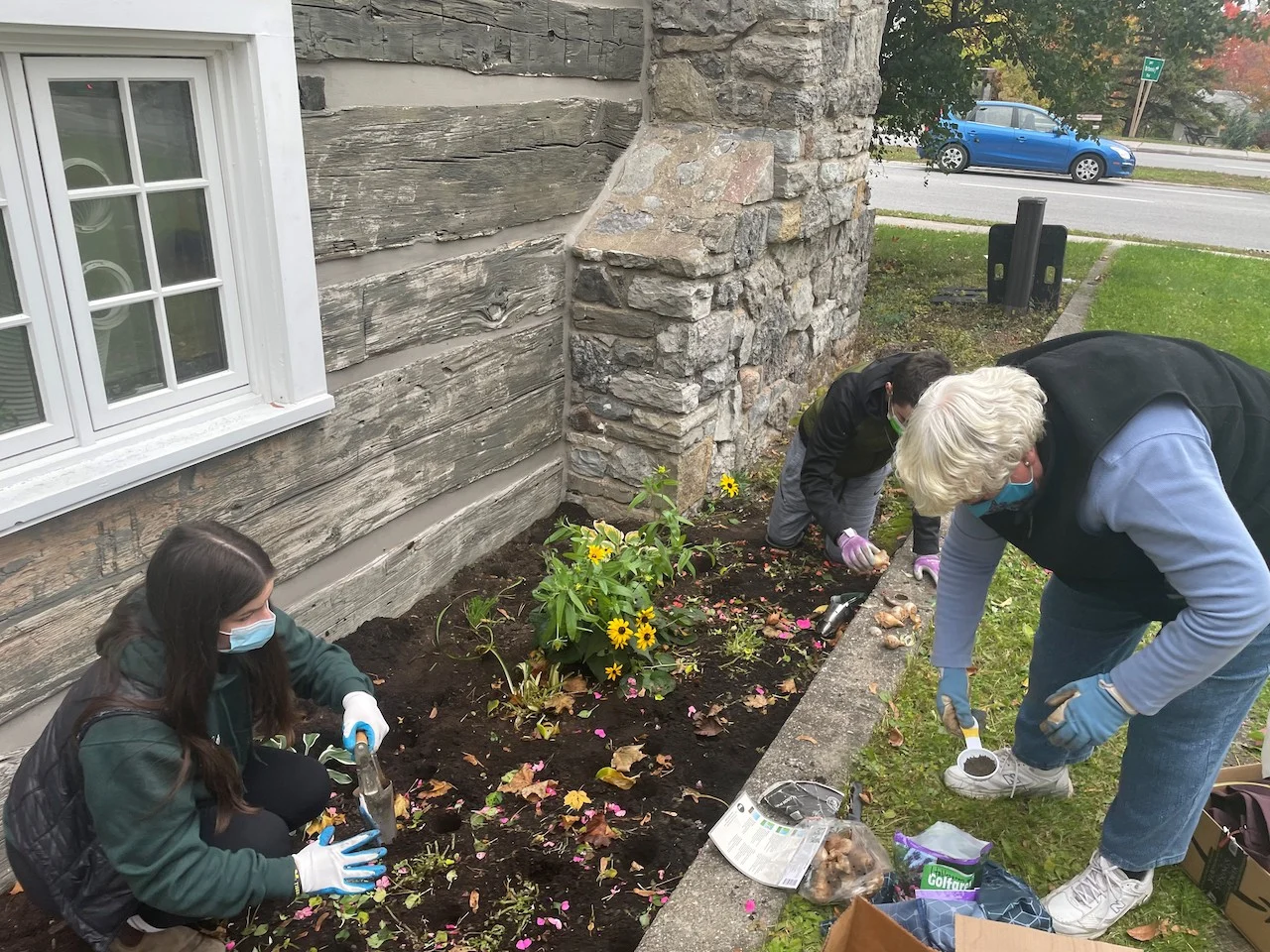
(Canadian Wildlife Federation)
Gardening can provide health boost, bring back memories
Gardening can help in providing health benefits such as vitamin D, from exposure to the sun, which aids in reducing agitation, anxiety and stress -- helpful for people with dementia, Baye-Imerion said.
The activity can also assist with mobility and improve connectivity with other people.
"Connecting with your fellow gardeners, spending more time outdoors, sharing ideas, sharing stories and just enjoying the beauty of nature [are benefits of gardening]," said Baye-Imerion.
As well, it can help recover some of their memories.
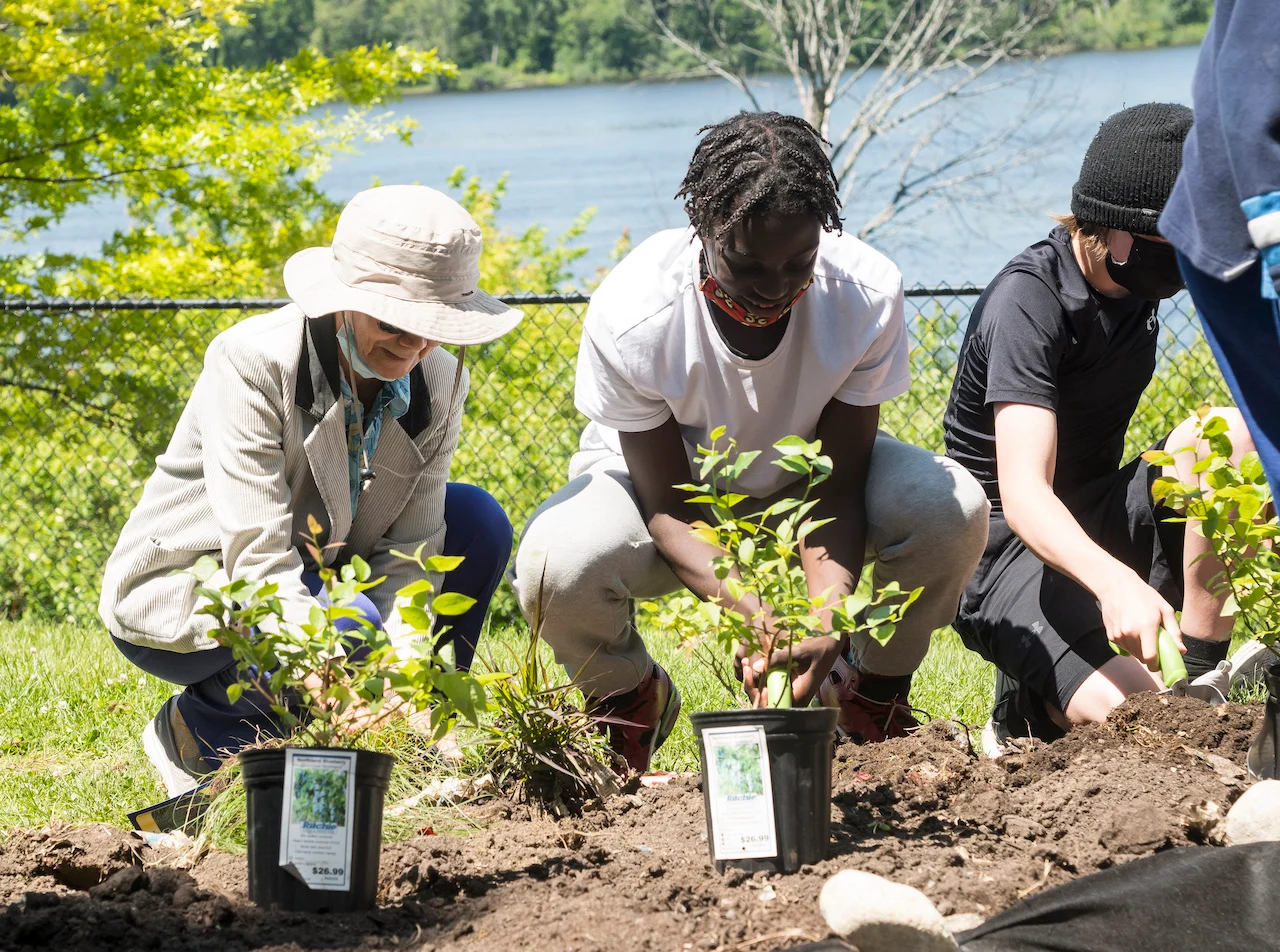
(Dwayne Brown Studio)
"When we have a wildlife-friendly garden, which is also a sensory garden, it can help stimulate some memories," said Baye-Imerion.
“It could definitely allow them to recollect special movies or events that have taken place in their lives. It could trigger pleasant memories. It could trigger something wonderful, [even] just listening to the birds."
How to manage gardening
When tackling gardening, it’s important for the person to know their abilities, know what they need, and know how and when to ask for help, she said.
"Getting to know your garden, getting to know the kind of plants that you might need to trim and might need to transport elsewhere, and basically just focus on your support groups, and seeking help," said Baye-Imerion.
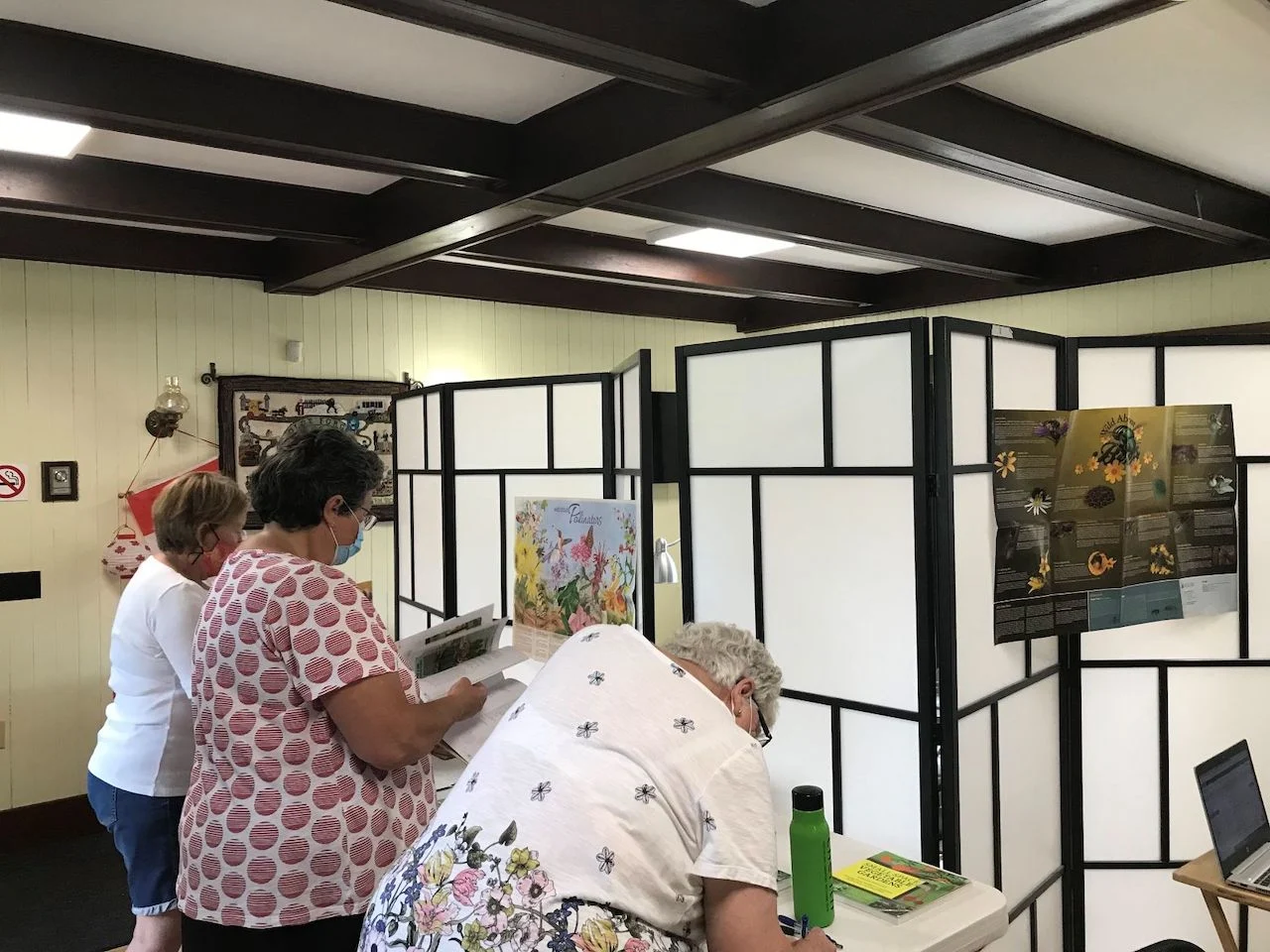
(Canadian Wildlife Federation)
SEE ALSO: Why you should avoid a 'new' car smell in your vehicle in the summer
Gardening doesn't have to be a stressful hobby, she said. Plan the task to avoid it becoming overwhelming.
One simple thing people can do daily is to spend time observing what's going on in the garden, she noted. When it comes time for a weekly cleanup routine, people can identify and remove the plants that are dead or struggling to survive.
"All of these tasks kind of vary depending on the season. In the springtime, we want to continue to stock our bird feeders, particularly in early spring, because food sources are still scarce for the birds," said Baye-Imerion.
Sometimes, it also depends on their physical abilities. They might be able to do it themselves, which is why planning "really comes into play," Baye-Imerion added. "Just look at the garden calendar, and see what's possible and what [isn't]."
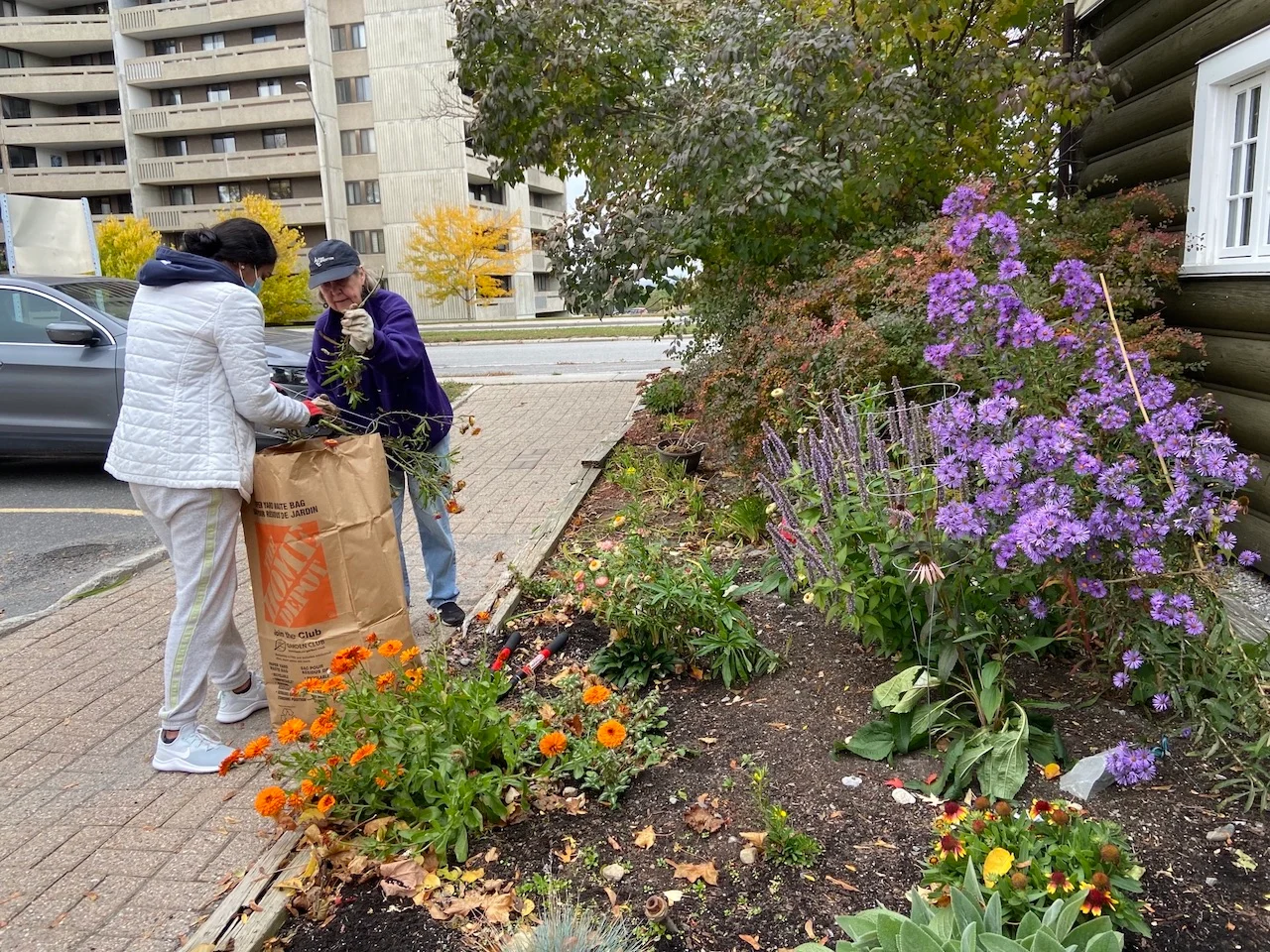
(Canadian Wildlife Federation)
She also recommends using native plants, not only for the environmental benefits but for the manageable workload.
"[Do] you have plants that are native to the environment? Those kinds of plants require less work," said Baye-Imerion. "They've adapted well to the region, and they are prone to function well in that environment."
"You want to place your winter mulch in the soil so they can warm up the soil a little bit. Also in the spring, you might want to bring your indoor plants outside but in shaded areas. You don't want to just expose them to harsh weather."
But people don't need to panic if they forget something or they do a task wrong, as there are always remedies, the education manager noted. For example, if you forget to water the plants on a particular day, they will be OK and you can do so the next.
"The garden is meant to be enjoyed and not a task that if we don't do this, then it's awful. We could always make a way around them," said Baye-Imerion. "It is not supposed to be a burden."
WATCH: Risk of dementia linked to traffic pollution, new study
Thumbnail courtesy of the Canadian Wildlife Federation (CWF).
Follow Nathan Howes on Twitter.
